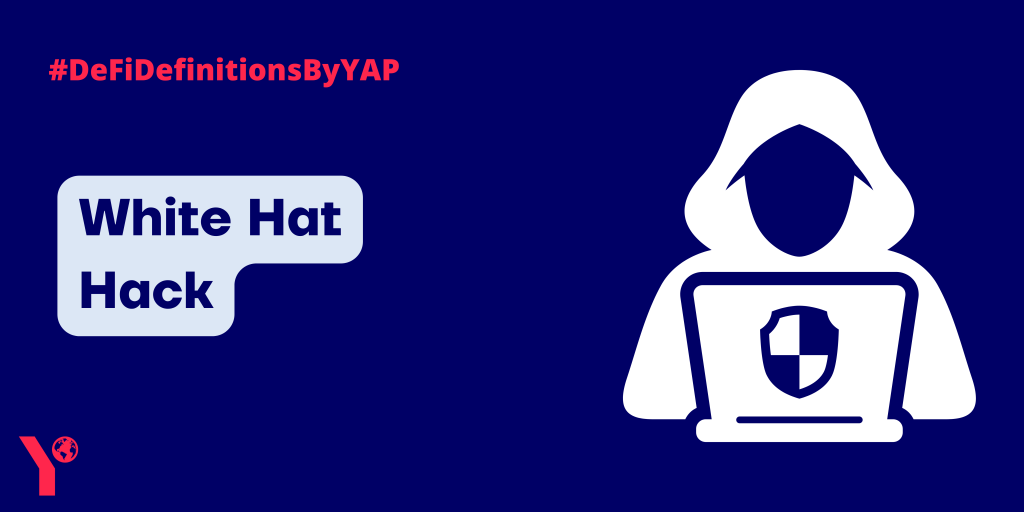White hat hacking, also known as ethical hacking, is a practice where skilled and knowledgeable individuals, referred to as white hat hackers, legally and ethically assess and evaluate the security of computer systems, networks, and software applications.
White hat hackers employ their expertise to identify vulnerabilities, weaknesses, and potential threats that could be exploited by malicious attackers. White hat hacking involves a systematic and controlled approach to testing the security defenses of a target system. It typically includes various methodologies, tools, and techniques aimed at uncovering weaknesses in the system’s infrastructure, configurations, applications, or protocols. These activities may involve scanning networks, analyzing code, simulating attacks, exploiting vulnerabilities, and attempting to gain unauthorized access to the target system.
The main objectives of white hat hacking are to:
Identify vulnerabilities
Evaluate security controls
Verify compliance
Enhance security posture
Foster a proactive security culture
It is crucial to note that white hat hackers adhere to strict ethical guidelines, ensuring that their activities do not cause harm, compromise data integrity, or violate any laws or regulations. Overall, white hat hacking serves as a valuable practice to identify and mitigate security risks, protect sensitive information, and enhance the resilience of computer systems and networks against potential attacks.
